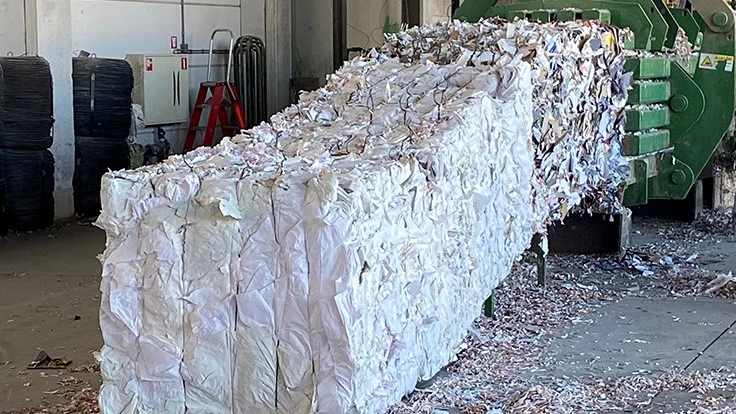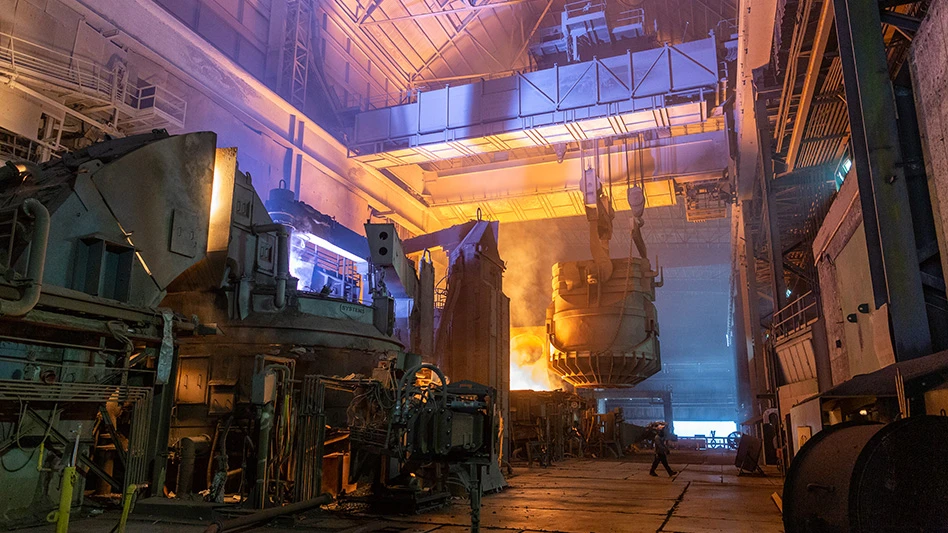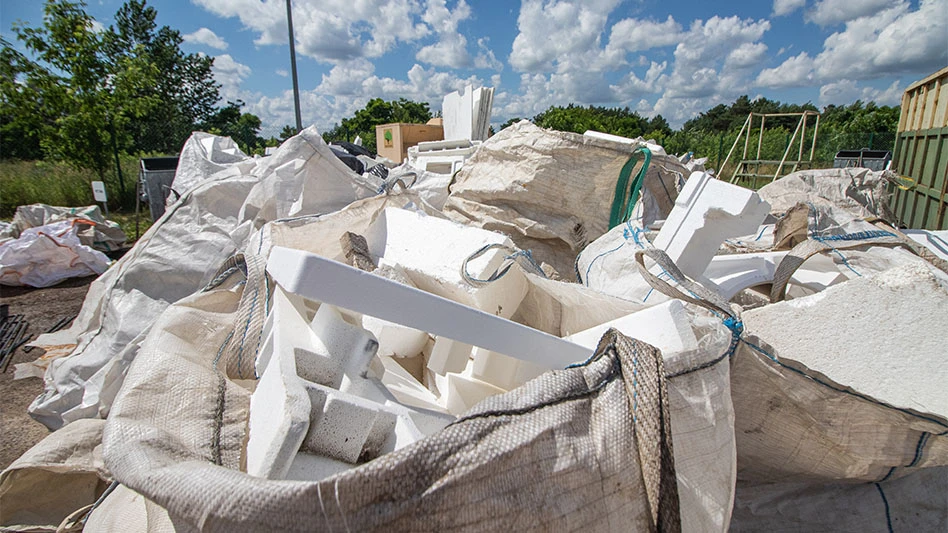
Recycling Today archives
Two Brussels-based organizations—the European Recycling Industries’ Confederation (EuRIC) and the European Waste Management Association (FEAD)—have issued another call for “unhampered trade for raw materials from recycling under the Waste Shipment Regulation (WSR)” being prepared for a vote in the European Parliament.
Proposed export procedures tied to the WSR were a leading topic of discussion at the 2022 Paper & Plastics Recycling Conference in Rotterdam in mid-November; at the Bureau of International Recycling (BIR) Convention this May in Barcelona; and have received ongoing attention from numerous metals and paper recycling organizations.
In a November 30 statement, EuRIC and FEAD write, “The European recycling and waste management industry [is] at the heart of the transition towards a circular economy and climate neutrality. Thanks to more than 5,500 mostly small but also large European recycling companies, it is one of the few industries that steadily grows and invests in new industrial facilities.”
Continue the two groups, “The procedures for the export of recycled materials still classified as waste laid down in the WSR are burdensome, costly and time-consuming. European recyclers are therefore in favor of an ambitious revision of the WSR that effectively combats illegal shipments while leveling the playing field with extracted raw materials. In that respect, it is instrumental to simplify procedures for intra-EU waste shipments while ensuring free, fair and sustainable access to international markets for raw materials for recycling (RMR) that are used directly in production processes. This is of particular importance for base metals, paper or some plastics that have undergone a material recovery process and for which there is no sufficient demand in the EU.”
Nongovernmental organizations and legislators backing the new export rules position them as a way of protecting people in nations with developing economies from receiving potentially hazardous or problematic materials from Organization for Economic Cooperation and Development (OECD) countries. Most EU nations and the EU itself also are OECD members.
At the 2022 Paper & Plastics Recycling Conference in Rotterdam, Switzerland-based recycling company CEO Marc Ehrlich of VIPA Lausanne urged attendees to contact their European Parliament representatives, saying from his experience in talking to such legislators it is unlikely they have heard the recycling industry side of the story.
EuRIC and FEAD, in their Nov. 30 statement, say that “while the vast majority of [material] recycled in the EU stays in the EU, exports of raw materials from recycling to OECD and non-OECD countries directly contributes to the balance of supply and demand. This is particularly the case for steel scrap and other base metals, such as steel, copper or aluminum, or recovered paper where supply exceeds the demand in the EU and where value chains are intrinsically global.”
The two groups continue, “A strong European recycling and waste management industry needs economies of scale that allow for more investments in innovation and increased capacities. The absence of competitive end markets for RMR will negatively affect waste collection, recycling and investments to scale up recycling capacities. As such, the proposed export restrictions will put at risk the ability to achieve EU recycling targets.”
EuRIC and FEAD continue, “Recycling activity is paid by the sales of raw materials from recycling. A revision that hampers instead of boosts recycling in Europe will result in substantial job losses in an industry whose competitiveness largely depends on its ability to market RMR to cover the costs of proper waste management.”
A broad brush is being applied to non-problematic materials, the groups say. “Export restrictions for non-hazardous waste, if any, shall solely target exports of problematic waste streams, such as mixed plastic waste and non-processed electronic waste (WEEE), end-of-life vehicles (ELVs), tires or batteries,” argue EuRIC and FEAD.
Finally, the two groups also offer a legal argument. “At a time where the world is undergoing major geopolitical changes, it is essential to keep a robust economical and environmentally sound trade relationship with historical EU partners. Any amendments that would result in aligning the legal framework for [RMR] shipments applicable to OECD countries with non-OECD will be disproportionate and breach legal commitments of the EU and its Member States have taken with OECD countries.”
Latest from Recycling Today
- Alpla calls 2024 year of recycling growth
- Altilium says agreement puts it on lithium recycling path
- NWRA, SWANA partner to address lithium-ion batteries
- Corinth, Texas, renews waste contract with CWD
- Fresh Perspective: Sarah Zwilsky
- Plastics Industry Association announces leadership changes
- QCC celebrates 50th anniversary
- Venture Metals acquires 2 nonferrous processors





